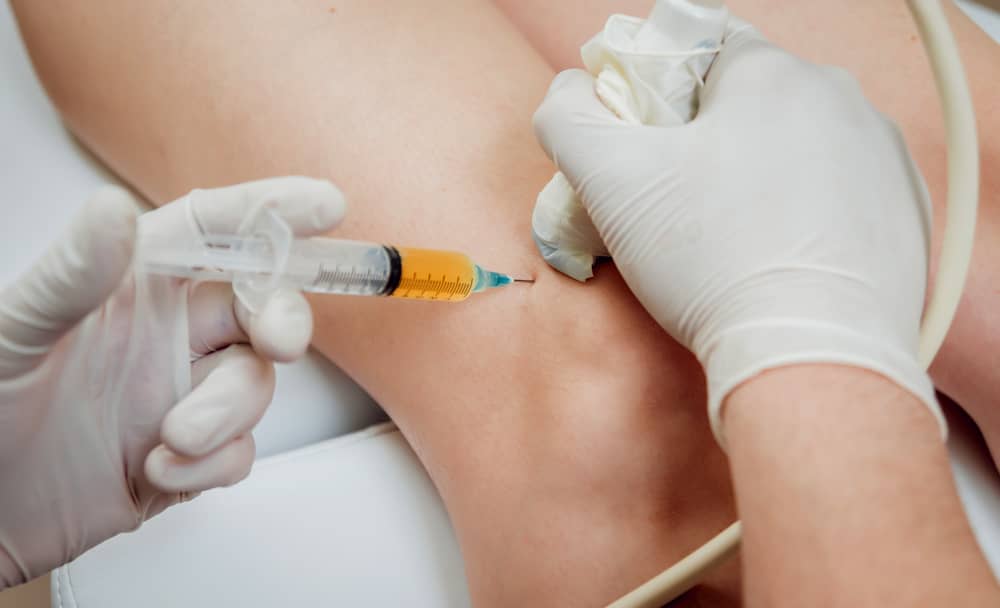Knee pain is often a prevalent problem caused by injury or inflammatory diseases such as arthritis. It is also recommended that anyone with some knee pain should consult a good knee pain doctor Long Island to be advised on the correct procedure they need to take. Nevertheless, what exactly do you set yourself for from a knee pain doctor? Here is a summary of essential points that you should take advantage of.
Initial Consultation
For your knee pain treatment specialists Jericho, there will be an initial consultation with a knee pain doctor; the physician will likely review your ailment's history before diagnosing it. Questions might include where and how severe the pain is, whether there is redness or stiffness, and what makes it worse or better. They might also inquire about any prior injuries or surgeries or diseases from which one might be suffering.
Diagnostic Tests
Depending on the information obtained when initially consulting the knee pain doctor, you may be advised to undergo one or more diagnostic procedures that may shed light on the pain. These may include:

X-rays: Lumbar X-rays may reveal if there is any damage to the vertebrae. One should be careful with words like fractures and degenerative changes, as this is highly subjective depending on the intensity of pain. After this, only the knee pain treatment Manhattan will start so that you get the right treatment.
MRI (magnetic resonance imaging): MRI contrasts can help visualize the soft structures inside and around the knee joint, including ligaments, tendons, and cartilage.
CT (computed tomography) scan: The CT scan is helpful because it enables assessment of the bones in your knee and any signs of degeneration or fractures.
Arthrocentesis: Arthrocentesis, also known as joint aspiration, involves inserting a needle into the affected part of the knee joint to extract some fluid. This may help establish gout or an infection.
Treatment Options
When you visit your knee pain doctor, you will be provided with the correct diagnosis, and from there, your doctor will establish the best way to treat you. This may include:

Medications: It is usually advisable that your knee pain doctor prescribe medication to treat the pain resulting from the condition ailing you. Some are painkillers, anti-inflammatories, or 'disease modifiers, ' specifically anti-rheumatic drugs specific for arthritis.
Physical therapy: Strengthening exercise with a therapist can be beneficial due to the muscles and tissues surrounding the knee area. It will decrease pain and enhance the knee's functionality knee's functionality.
Injections: These include corticosteroids or viscosupplementation, which may be injected into the joint to decrease inflammation while nourishing the joint by supplementing the loss occurring due to insufficient synovial fluid.
Surgery: There are occasions when the surgeon must carry out operations to treat the affected tissues around the knee. These may involve arthroscopy, partial or total knee resurfacing, or any other reconstructive knee joint surgery.
After Care
It is necessary to know that you are receiving the proper care from professionals so that you can take measures to save your knee from any other injury. If you take good care of it, you will recover from it at the right time. This may include regular appointments to assess pain levels, function, and progress. Your knee pain treatment financial district doctor may also recommend lifestyle modifications, such as weight loss or exercise, to help manage your pain and prevent further damage to your knee. You can manage your knee pain and improve your quality of life with the proper care and attention.